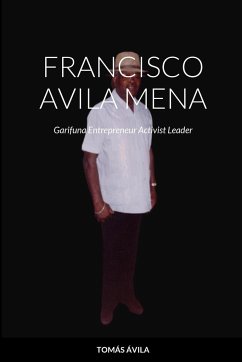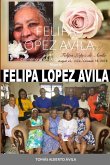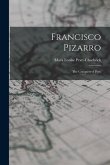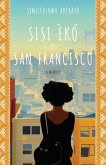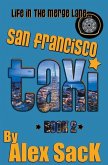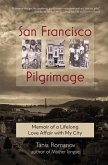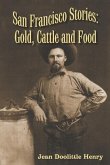Francisco Ávila (01/04/1926-02/05/1994) was born and raised in his native city of Trujillo, Colon, Honduras to Tomás Avila Caballero, a native of Roatan and a Merchant Marine and Juana Mena Garcia, an entrepreneurial businesswoman, who owns a farm where she raise cattle, and farmed food for her consumption and resale, where he met and lived and met his lifelong sweetheart Felipa Lopez. Francisco attended elementary school in Trujillo, but at the tender age of 16 decided to join his father as an assistant merchant marine, traveling the Caribbean Ocean of Honduras transporting rice and precious oak wood to be transported to the United States and Europe. At the age of 18 Francisco's father became ill and assumed his duties as captain of the ship until it was battered by a storm and sank, having to swim and remain alive until rescue days after by another ship. After the sinking ordeal, Francisco was transferred to La Ceiba in 1942 by the company that owned the ship he captained which turned out to be the Cerveceria Hondureña a division of the Standard Fruit Company a conglomerate that controlled most of Honduras land and industries through a long term agreement with the government, where he worked for 26 years as a diesel mechanic technician trough the Phillip Technical Institute correspondence until he emigrated to Boston, Massachusetts in 1968. While at the Cerveceria, Francisco became a high-ranking SITRATERCO Union representative that successfully strike against the United Fruit Company in 1954 attaining, among other things, an 8-hour workday, over time, including extra pay for work on holidays. The strike was resolved in July after 69 days, and as a result workers' pay increased substantially and the banana workers syndicalist labor union was recognized, and the government moved to incorporate some of the demands of the workers into reform programs that continued until the 1970s.
